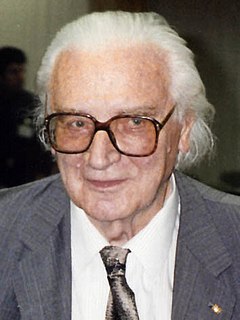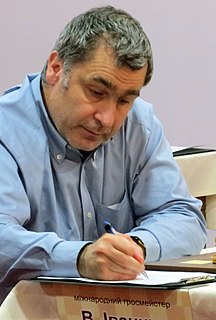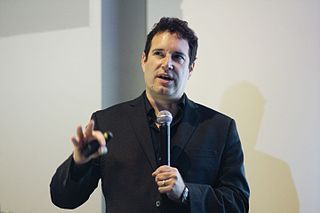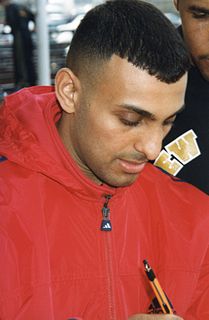A Quote by Konrad Zuse
I remember mentioning to friends back in 1938 that the world chess champion would be beaten by a computer in 50 years time. Today we know computers are not far from this goal.
Related Quotes
It's a very special generation, because during our careers the computer entered chess. So we know how to play without computers, which is also important. We can analyse without computers. I am not saying that younger players cannot do this, but we are more in the habit of doing this. That's important to improve your chess understanding.
It's interesting that the greatest minds of computer science, the founding fathers, like Alan Turing and Claude Shannon and Norbert Wiener, they all looked at chess as the ultimate test. So they thought, "Oh, if a machine can play chess, and beat strong players, set aside a world champion, that would be the sign of a dawn of the AI era." With all due respect, they were wrong.
The chess world is obligated to organize a match between the champion of the world and the winner of this Carlsbad tournament - indeed, this is a moral obligation. If the world of chess should remain deaf to its obligation, on the other hand, it would amount to an absolutely unforgivable omission, carrying with it a heavy burden of guilt.
At the age of 5, when I was in kindergarten, I often used to pass by the computer labs and see students doing work on computers. I realized that calculation, which would take us a long time to do, can be done in less than a second with the help of computers. So that is how my interest in computers began.
Today, your cell phone has more computer power than all of NASA back in 1969, when it placed two astronauts on the moon. Video games, which consume enormous amounts of computer power to simulate 3-D situations, use more computer power than mainframe computers of the previous decade. The Sony PlayStation of today, which costs $300, has the power of a military supercomputer of 1997, which cost millions of dollars.





































